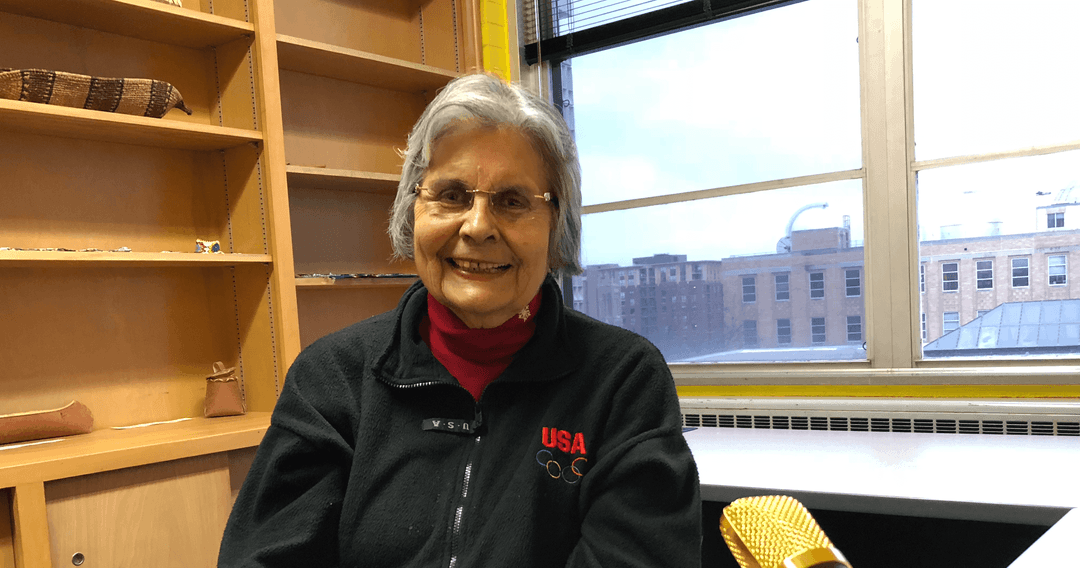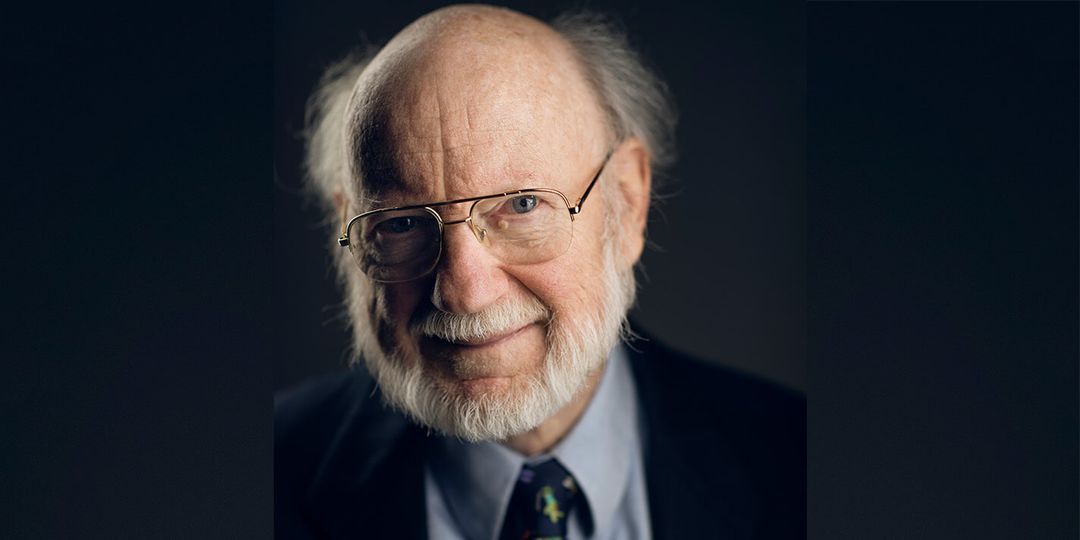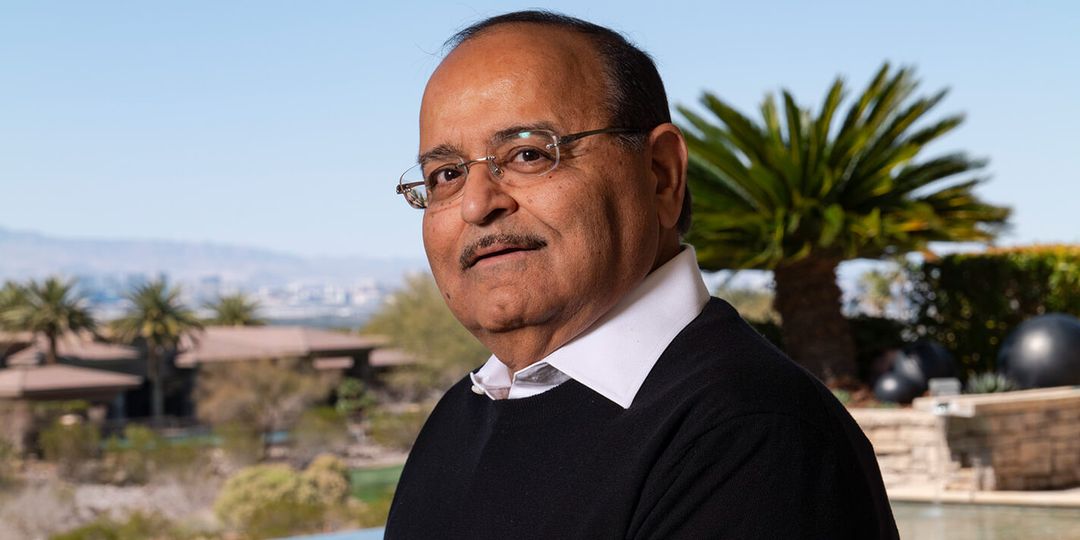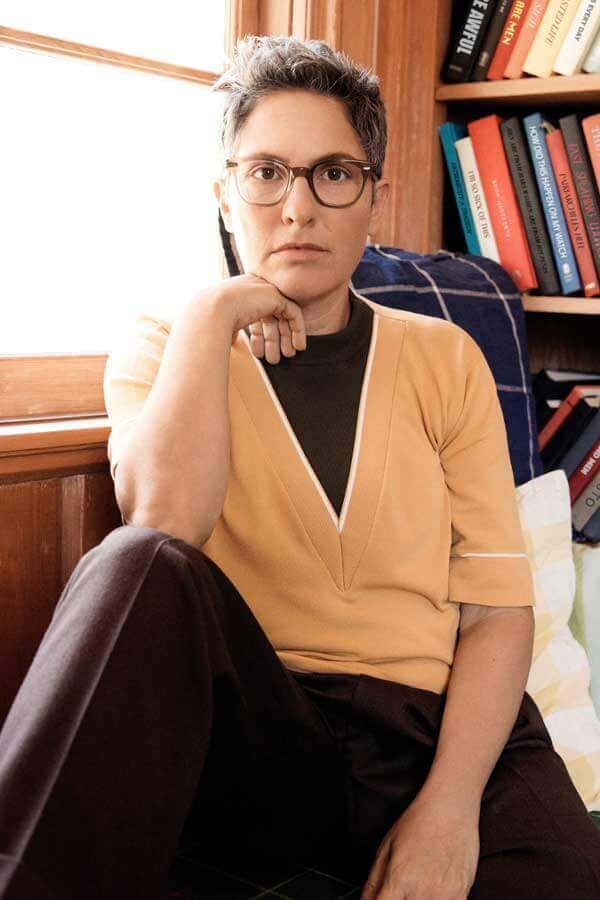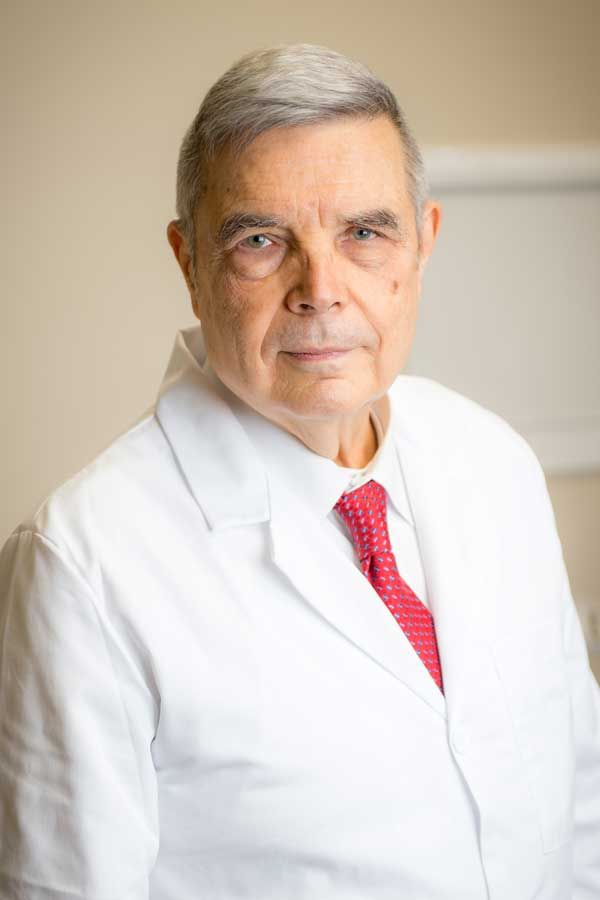2011 Distinguished Alumni Award Honoree
Aicardo Roa-Espinosa’s success is no accident. It was built on his ability to see the big picture, to take the road less traveled to get there, and to always be ready to deal with the effects of his decisions along the way.
“Everything happens in life when you are ready, and I was ready for many years,” he says about founding his company, Soil Net LLC, the leading industry authority in the use of biodegradable polymers for erosion control and water clarification. “Nothing happened overnight. Success is built one day at a time.”
Roa-Espinosa learned the importance of readiness at a very young age, when he had to move at a moment’s notice. Growing up in Colombia during the country’s turbulent politics of the 1950s, he traveled the country for four years with his father, a physician who needed to be constantly mobile to secure his safety while providing for his family. These unconventional circumstances taught Roa-Espinosa conventional values.
“From my father, I learned the importance of endurance and sacrifice to finish something,” he says. “And from my mother, I learned long-term ambition, to think ahead. But above all you need a good education.”
He received that education from his father, who took time each day to impart his college education to his son. When it became safe for Roa-Espinosa and his father to return home, he found himself well-prepared for school. He was accepted to his hometown university, where he studied agronomy engineering and then worked in Colombia’s sugar industry for several years.
It was there in 1972 that two Americans working with his employer introduced him to the use of polymers in clarification of sugar cane from water. It was the unofficial start of Soil Net, but it would be 15 years before Roa-Espinosa would put his idea into practice.
"Wisconsin opened its doors to me. I came to a great university with great people in the greatest state."
After saving enough money, Roa-Espinosa moved to the United States, where he studied English at Louisiana State University while working several jobs to make ends meet. He eventually applied and was accepted to the University of Wisconsin, an institution and community he felt to be truly color-blind.
“I think I miss most the students that I had as classmates,” he says. “This acceptance from them — that it doesn’t matter how different you are. You are one of us. I miss the life of the university. I didn�’t have too much, but I was very happy.”
While earning his master’s and doctoral degrees in agricultural engineering, Roa-Espinosa put his lifelong interest in the use of biodegradable polymers in agriculture into practice. In 1986 while pursuing his PhD, he wrote a paper on physical sedimentology and how polymers work in sediment, his first step in detailing his vision for what would become Soil Net. In 1994, while working for the Dane County Land Conservation Department, he performed the first physical test of his idea to stem erosion control through the use of polymers, and it worked. He feverishly worked to develop the product, testing different types of polymers and the combinations that worked best, when his first customer came to him.
“When the Marines came calling, I was ready,” he says about first application of his technology — award-winning dust-control developments for landing helicopters in the 2003 Operation Iraqi Freedom campaign with the U.S. Marine Corps.
Shortly after, he formed Soil Net LLC, now a global leader in supplying specialty polymers for erosion control, water clarification, oil separation and clarification, waste separation, sugar cane clarification, and manure solids separation and solidification in the United States, Southeast Asia and Colombia. The company now has a research lab in Zhuhai, China, due to its partnership with ACRO BIO-TECH Co., Ltd., one of the largest agro-products processing system suppliers in China, as well as its research lab and headquarters in Belleville, Wisconsin.
Roa-Espinosa’s long-time ties with the sugar-cane industry in Colombia led to his partnership with CLAYUCA, a Latin America and Caribbean consortium to support research and development of cassava, an extensively cultivated annual crop of South America, and several other collaborative research projects in Cali, Colombia. Considered the leading authority in the technology, Roa-Espinosa is frequently called upon to deliver his expertise to businesses and governments worldwide, recently as a presenter on the re-utilization of byproducts and effluents in the wastewaters of starch production in Africa.
Remembering his roots, Roa-Espinosa founded and served as the first president of Centro Hispano of Dane County in 1983. Initially created to assist Cuban refugees settling in Wisconsin, Centro Hispano expanded and now serves cultural, educational, and language-related needs of Latinos throughout Dane County. He also remains a passionate advocate for UW-Madison, is an honorary fellow of the College of Agricultural and Life Sciences, and supports student research in collaboration with his laboratory in Belleville.
“At every turn of my life, I have met good people,” he says. “I miss those everlasting friendships that I made [on campus]. I look and talk different, but Wisconsin opened its doors to me. I came to a great university with great people in the greatest state.”
In Appreciation
My American Dream started with the University of Wisconsin-Madison. My life is truly an American success story. I grew up in Colombia in turbulent political times and was home schooled while my family moved frequently due to political fears.
I came to America only with my hands and brain, my future was in my hands, and in order to accomplish my dreams, I took simple jobs like dishwashing and restaurant cooking to support his English training. After one year of English training, at moment I felt ready and was accepted into the biological systems engineering graduate program at UW-Madison.
I went on to receive MS and PhD degrees from UW-Madison in biological systems engineering, followed by a distinguished career working for the Dane County Land Conservation Department. Along the way I did not forget the struggles of those new to the United States, helping start Centro Hispano of Dane County in 1983. Centro Hispano was initially created to assist the settling of the Wisconsin-based Cuban refugees, known as the Mariel boat people. Today, it serves the cultural, educational, and language related needs of Latinos throughout Dane county. I was a co-founder and the organization’s first president. I am currently a board member of the Badger Chapter of the American Red Cross.
My current career is most noteworthy from my professional perspective. My lifelong interest in biodegradable polymers has spawned an amazing array of opportunities, first dust suppressants with the U.S. Marines, but now much broader. With my company, Soil Net LLC, and polymer solutions, I have done a number of patents that are used increasingly worldwide as interest in the new bioeconomy and its impacts grow. Soil Net has grown to become a global leader in supplying specialty polymers for erosion control, water clarification, oil separation/ clarification, waste separation, sugar cane clarification, manure solids separation, and solidification in the United States, Southeast Asia, and Colombia.
Soil Net now has a global research capability with laboratories in Zhuhai, China, and Belleville, Wisconsin. Soil Net LLC has a partnership with ACRO BIO-TECH Co., Ltd. of Zhuhai, one of the largest agro-products processing system suppliers in China. Soil Net and Acro Bio-Tech are specifically working in the cassava ethanol industry and have achieved remarkable results in converting waste/byproducts into animal feed and organic fertilizers. My longtime ties with the sugar cane industry in Colombia, led to the partnership with CLAYUCA, the Latin America and Caribbean consortium to support Cassava research and development, and collaborative research projects in Cali, Colombia.
I was part of the group formulating solutions for sub-Saharan Africa and I was asked to present at the Gates Foundation meeting at the Rockefeller Foundation home in Bellagio, Italy for African Aid in 2006. I was representing the business sector, spoke and presented the re-utilization of by-products and effluents in the waste waters of starch production in Africa and as a result have been asked for guidance in many facilities.
